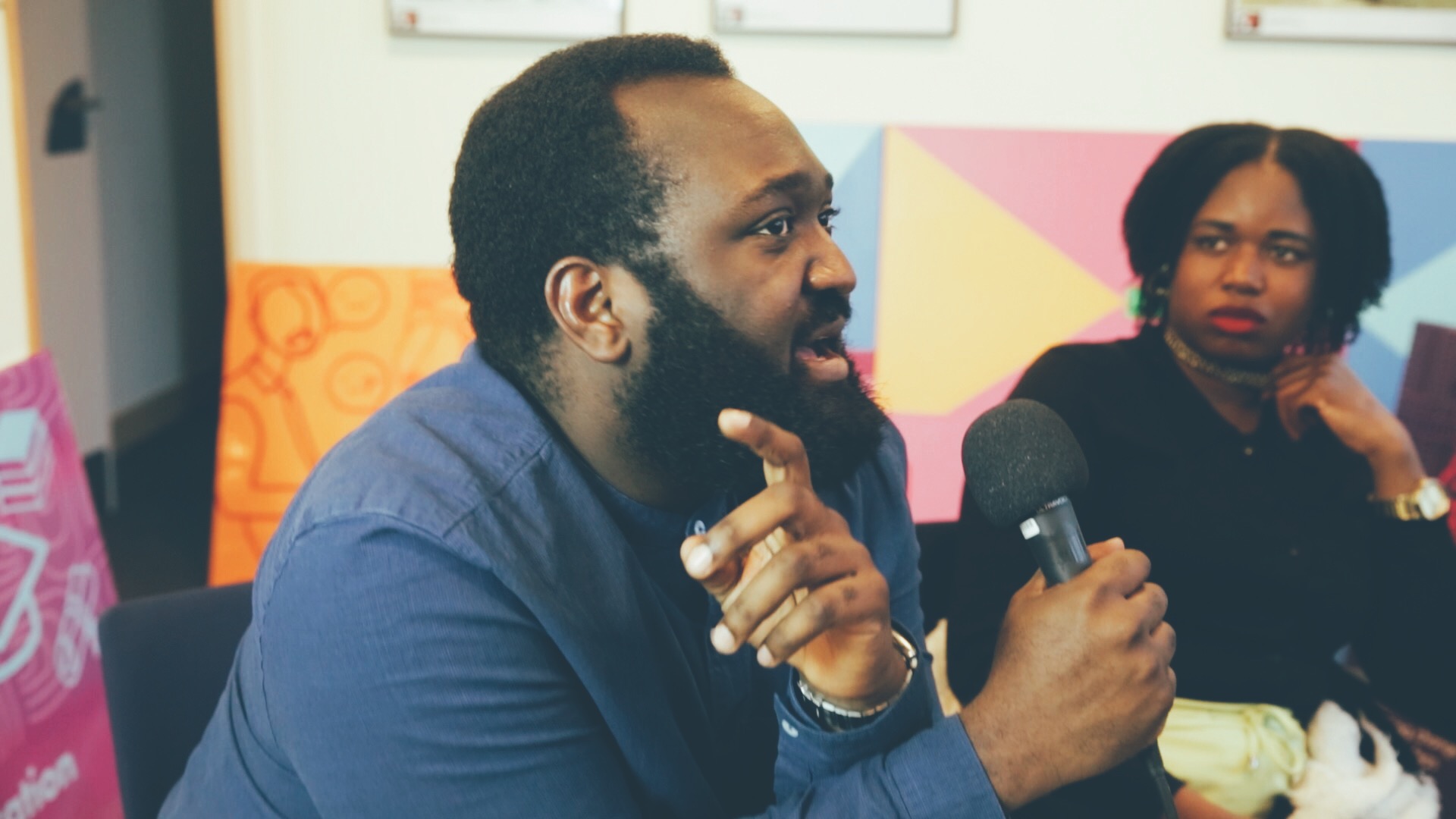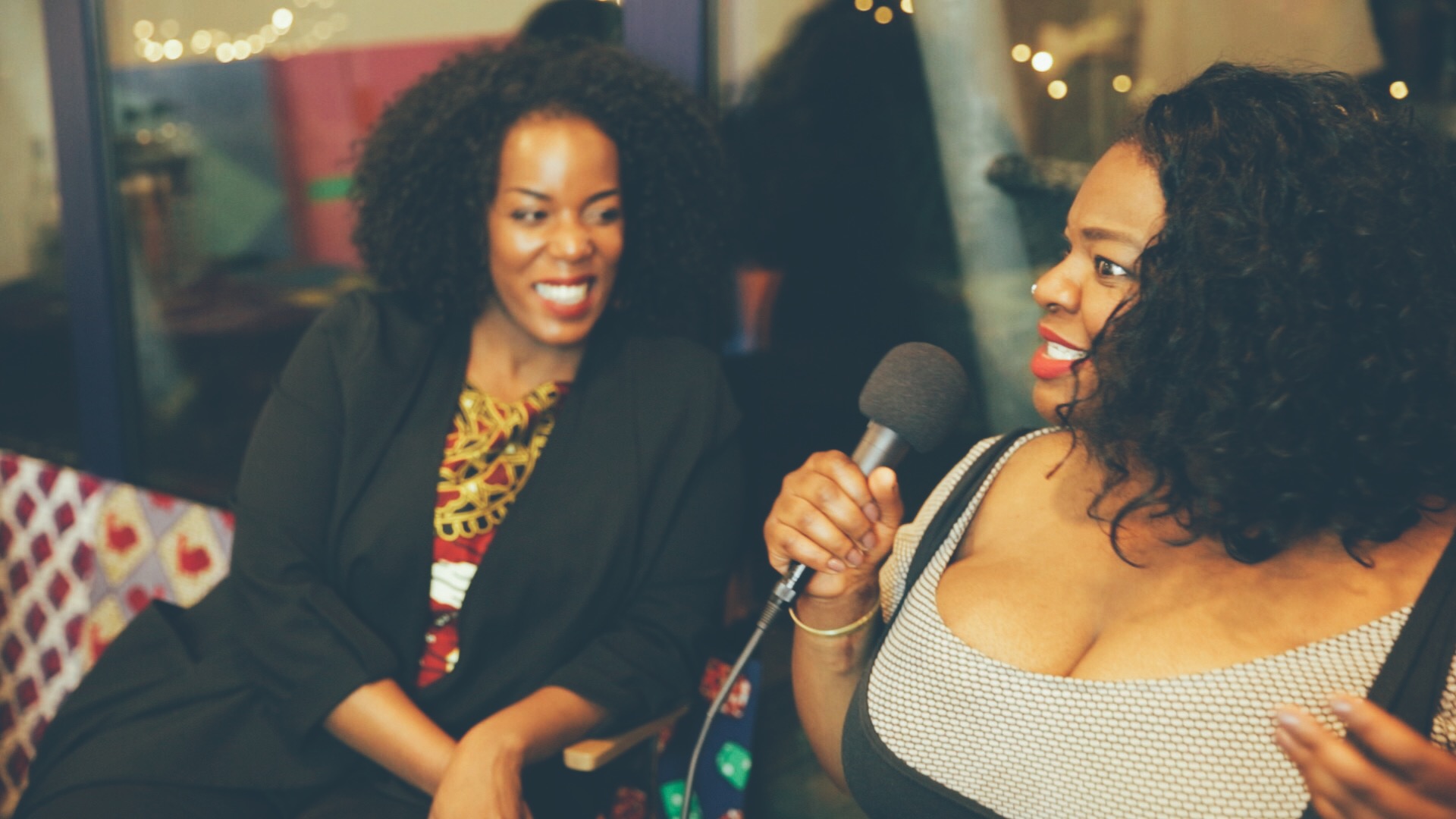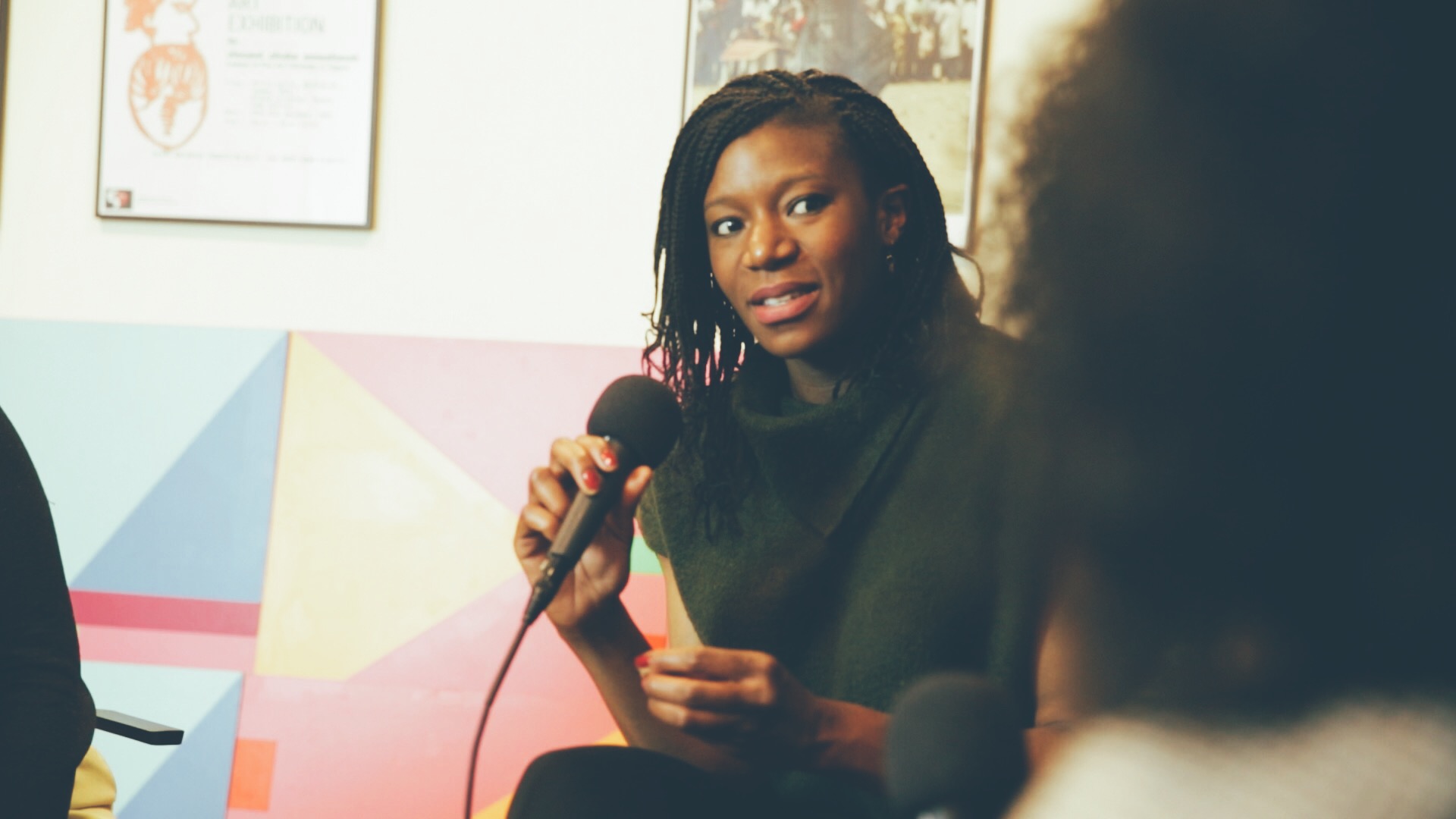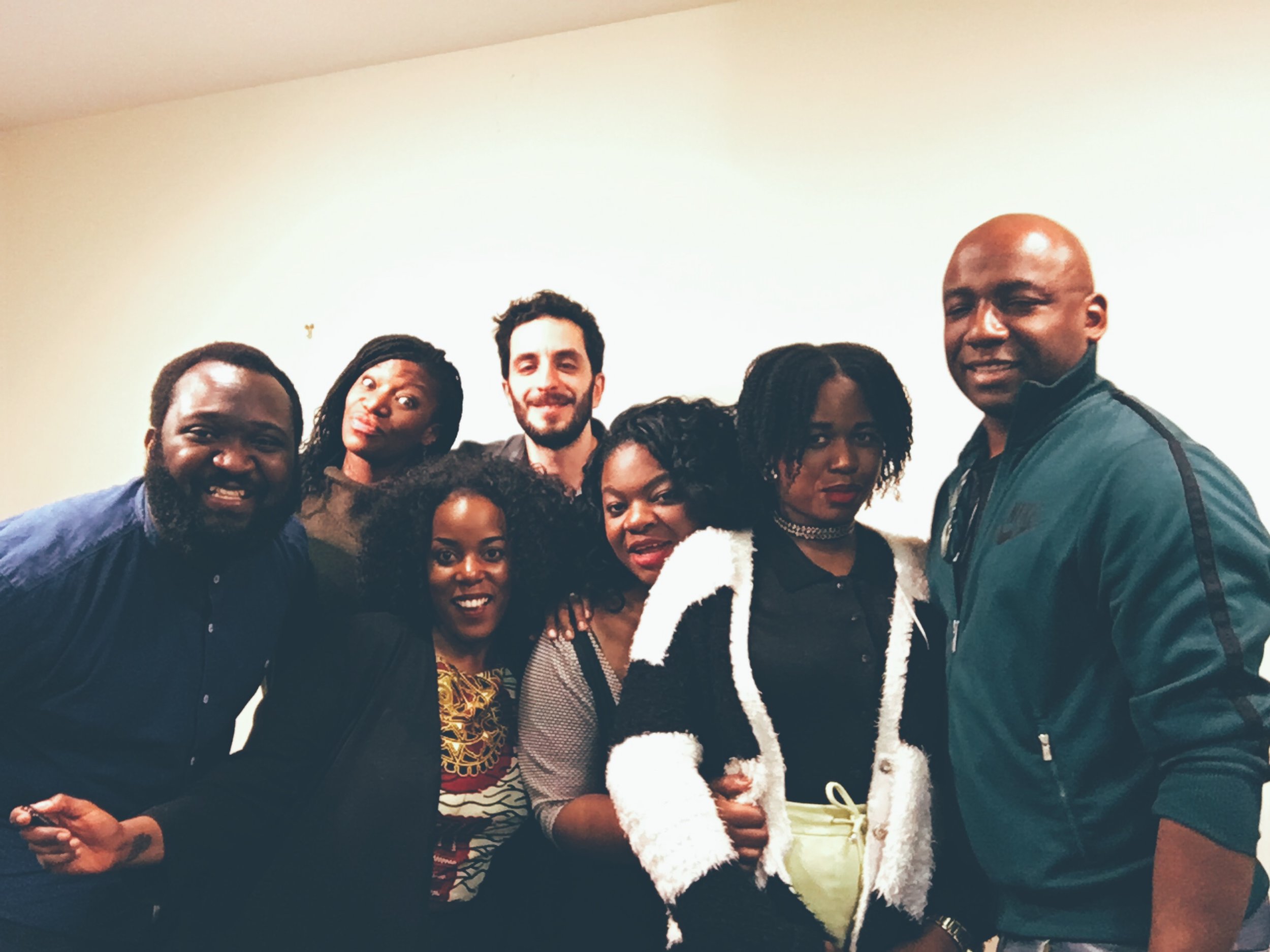To be, or not to be above your race?
From the house negro, to O. J. Simpson and arguably even Fela Kuti and Beyoncé, the ability to transcend race is the dream for some and a nightmare for others. On this episode, we discuss the idea of transcending race and whether this is a progressive or reductive aspiration for the Pan-African diaspora.
Press play to listen
This episode was inspired by ‘The People v. O. J. Simpson: American Crime Story’ which first aired on Netflix in February 2016. My interest in O.J. Simpson is less about him being a murderer🔪, but about what he represented to many and the mass media. O. J. Simpson transcended race in a way that only few Black people in history have managed to.
My experiences as a black African in Britain has presented instances where I’ve crossed my fingers hoping my race doesn’t obstruct opportunities. And other times where I’ve been in desperate need for my race to be acknowledged. I know this is a complicated battlefield that people of colour have to navigate almost on a daily basis, and a topic I’ve been very keen to unpack.
Race, what is it good for?
When I think about race, I automatically think about skin colour possibly people’s cultural or geographical classification. Yet, interestingly, the term ‘race’ was originally used to classify people who spoke a common language, and its only as we entered into the 17th century that race began to refer to people’s physical traits, mainly to divide and manipulate societies for economic gain. This means the idea of race as we see it today is a social construct, and that’s it.
Controlling the race narrative
There’s an old African saying that ‘until the lion learns how to tell its own story, the story will always glorify the hunter.’ So, until we start to address race as something that’s very much here, and explore how we really feel about it, be it embrace it or walk away from the notion of race, we will never take ownership of the narrative and complexities that influence the way we are seen and see others.
So, whilst I see my blackness as very much a part of who I am, hence my blogging alias AFROBLUSH as a clear way of defining my identity based on ethnic identifiers such as Afro and its associations, I also believe that the diaspora and our culture should be preserved and allowed to evolve. Nor should we4 constrict ourselves by the man-made box to which blackness is often limited by.
Personally,
I take ownership of by blackness with pride and do not wish to deviate, dilute or descend from its cultural and physical attributes. However, as a political instrument, instead of transcending race, I would like to contribute to turning outdated assumptions about my race into positive ones. To transcend means to ‘go beyond the range of the limits of’; and since it’s not me, or my people that have put limits on my race, I don’t think it’s for me to transcend…
On this episode
I’m joined by my co-host on this episode, Tina Tama, a long-standing friend and behavioural psychology enthusiast. Plus, Julian Obubo, PR Account Manager/Head of Diversity and recently acclaimed in PR Weeks' 30 under 30; Nanda Poleon, Programmer at the Women of The World (WOW) Festival at London's Southbank Centre; and Carine Kazadi, Marketing Manager at The Africa Centre, London.
Behind the scenes





